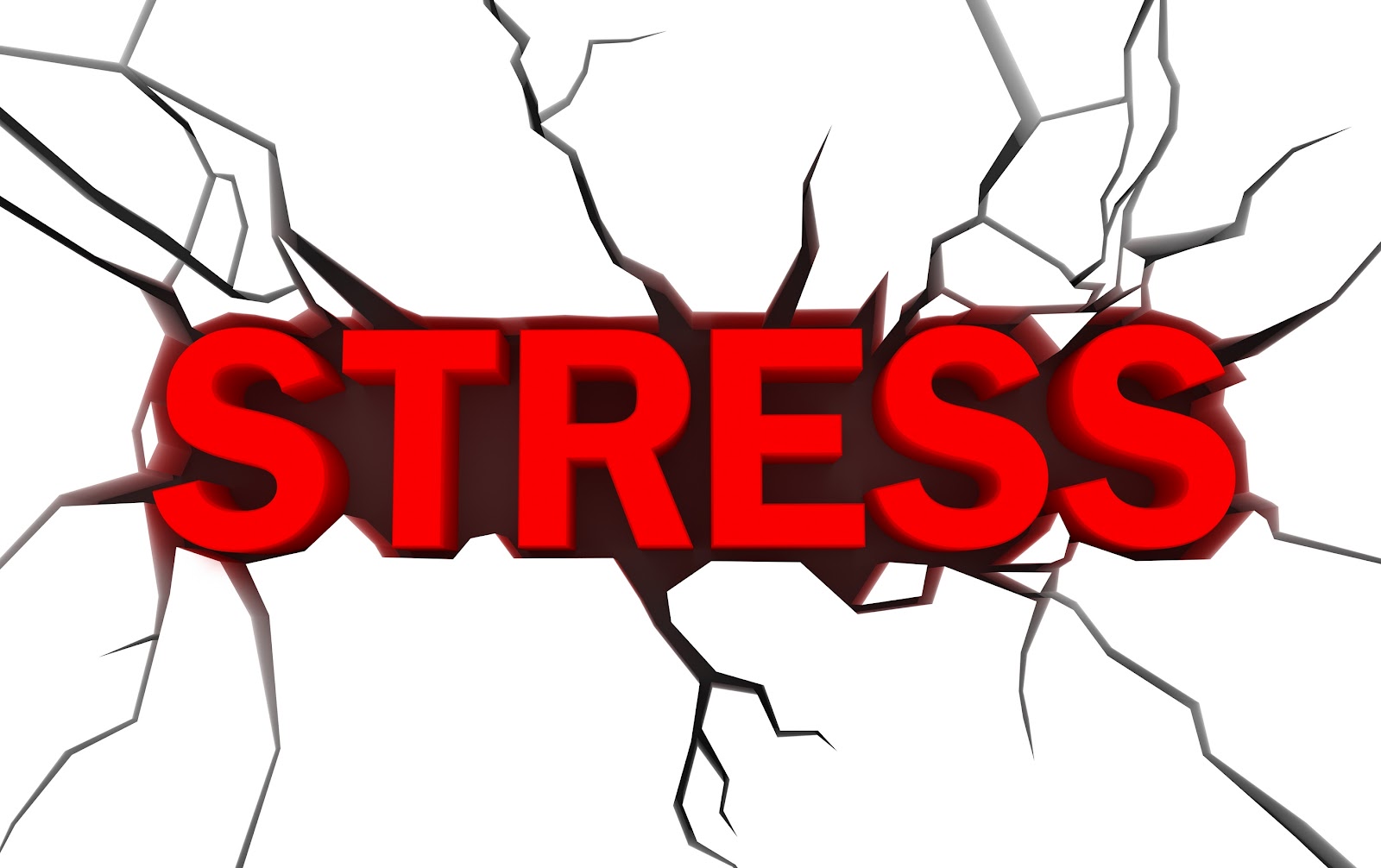Crisis and hostage negotiators- your verbal and nonverbal actions are contagious. As "guides" in assisting people involved in a crisis, you can help or hinder them on their journey.
Sometimes your actions and words spoken are purposely done, yet other times unknowingly you "leak" out anxiety, stress, and discomfort.
A recent study demonstrates how your stress can be contagious. From one of my favorite sites PsyBlog:
Seeing another person under stress — even when you’re not involved in the situation — is enough to activate the stress hormone cortisol in your body as well, according to a new study.
In the study, conducted by German psychologists, people who were emotionally closest to each other, demonstrated the highest empathic stress response (Engert et al., 2014).So what does this mean for crisis and hostage negotiators? I first recommend being aware of your verbal and nonverbal actions by preparing properly. Preparing can help you not give out stress signals that can then be "caught" by the parties you are trying to assist.
Building rapport, demonstrating patience, and displaying control of the process (while maintaining self-determination) allows you to promote positive signals that also can be contagious.
[Here's some quick tips on how to build rapport and how it can be diminished- all based on research]
Another important element is slowing the process and not rushing towards a resolution- regardless of how "perfect" you think it is. It is no wonder other crisis and hostage negotiators constantly practice this.
Research shows that both positive and negative signals are contagious. Are professionals, you have the choice in guiding the parties down different paths. Being aware of your signals is the first step in helping decide which path with be selected.

